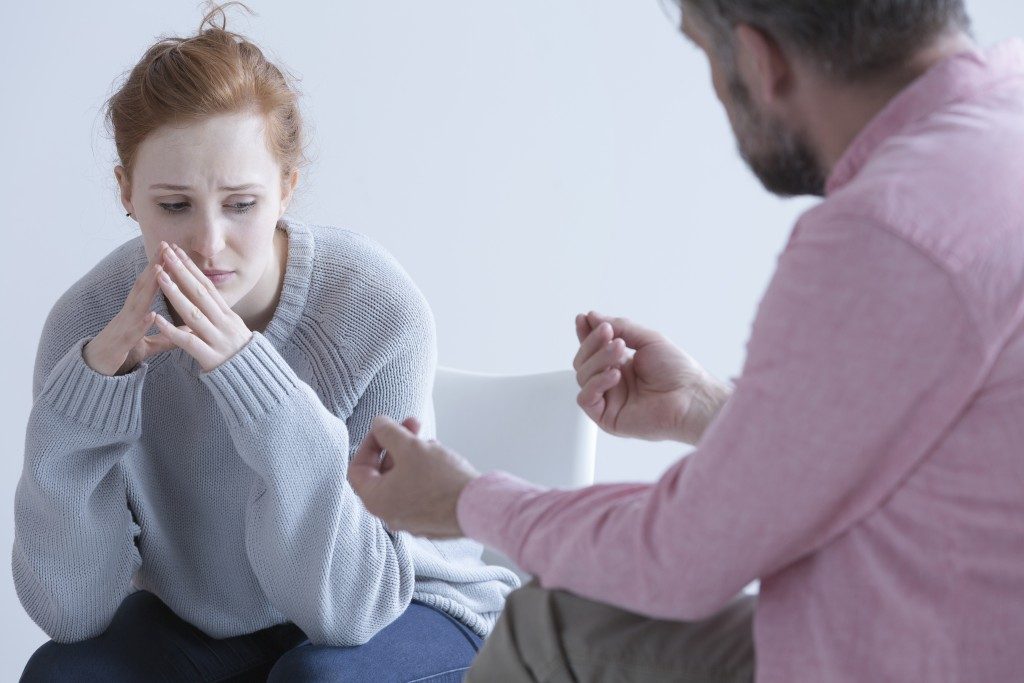The coronavirus global health crisis has many people on edge. In the first quarter of the year, a large portion of the world imposed lockdowns in their own communities and closed their borders to foreign nationals. One thing health experts agree on, though, is that we have yet to fully understand the psychological effects of the COVID-19 pandemic. While experts continue to study how the pandemic affects our mental well-being, there are some things you can control to curb the creeping anxiety.
STOP: Hyper-fixating On the News and Social Media
It’s tempting to keep ourselves constantly updated with what’s going on in the world, and it’s become so easy since most of us get our news fix from social media sites. Despite your good intentions of keeping abreast of what’s happening in the world, the constant barrage of information can be overwhelming. Instead of feeling at ease knowing the latest news, you make yourself feel worse because you will either feel angry at what you read and hear or you make yourself anxious because you’re not getting the assurances you need from the news.
WHAT TO DO: If it’s gotten to a point where the mere mention of COVID-19 makes you anxious, then it’s probably time to do a social media detox. If it’s not this severe, designate times in a day when you will check your news and social media feeds. When you do, don’t go over the time limit you set for yourself. Three times a day should be enough to keep you informed of what’s going on. The rest of the time, focus on your work, on your self-care, or on your family. You’d be surprised how much better you’ll feel.

STOP: Increasing alcohol and food indulgences
Admittedly, when we feel anxious, the easiest thing to turn to is our indulgences. For some, it’s alcohol. For others, it’s food, like pastries, chips, or snacks. It could be something else in between too, such as cigarette smoking. We tell ourselves it is ok to indulge now since these are unprecedented times, and we need to find ways to make ourselves feel better. So we turn to whatever guilty pleasure we have to make ourselves feel relaxed and happy.
WHAT TO DO: Self-awareness is the first step to overcoming this behavior. Notice your patterns and your triggers. If it’s difficult for you to get over that hurdle, it’s time to seek an alcohol detoxification specialist. Some offer telehealth services that you can do in the comfort of your home. As for your food indulgences, simply cut back on the sweets and salty food. It’s time to make a conscious effort to live healthily. Schedule workouts during your day the same way you would schedule meetings at work. This way, it becomes part of your routine.
STOP: Losing precious sleep
Do you find yourself tossing and turning at night, unable to get a good night’s rest? It’s understandable. Studies have shown that there has been a rise in reported cases of people suffering from insomnia during the pandemic. You might easily think this is out of your control, that it’s just a natural by-product of your COVID-19-related anxiety. It’s not. There is a way to return to having normal sleep patterns.
WHAT TO DO: Just as it was a good idea for you to lessen your time on social media, so it is to lessen your screen time on your electronic devices before heading to bed. Turn off all electronic devices at least 30 minutes before bedtime. You can either do some deep-breathing meditations at this time or read a book. You could also try some relaxing yoga moves to help you feel more relaxed and ready for bed. The more often you do this, the higher the chance that you’ll be sleeping normally once again.
Dealing with the global health crisis is not easy on one’s mental health. By knowing what behaviors are exacerbating it, you’ll know how to deal with it.

